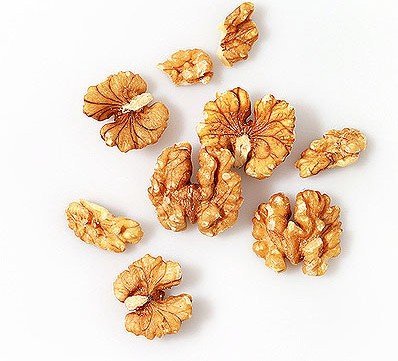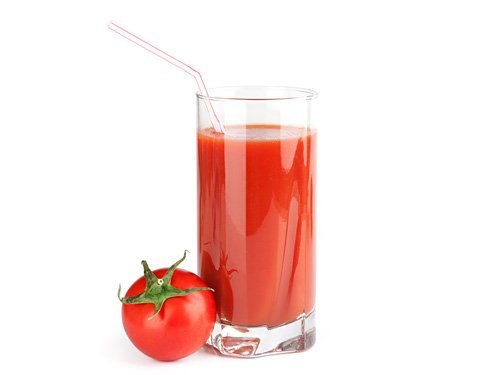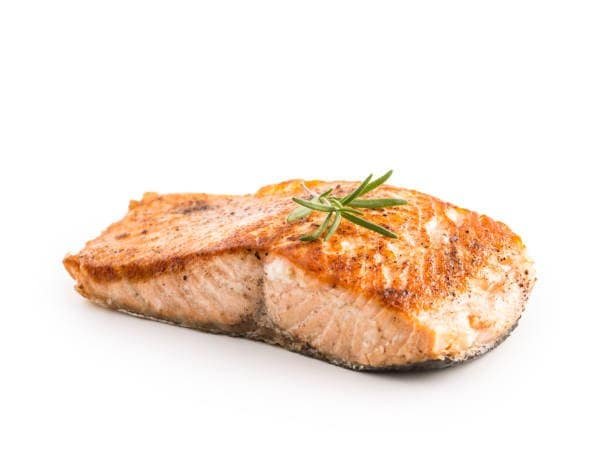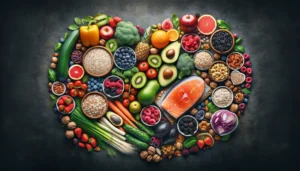When we look at fertility challenges, 1/3 are can be medically explained by issues arising with the female, 1/3 to the male, and 1/3 are unknown. Here are 3 bits of information everyone should know.
- Diet can improve a man’s sperm in as little as 1-2 weeks but certainly 12 weeks.
- When a man gets his sperm tested, he may be told that there are no issues. However, just becuase your sperm is good, doesn’t mean you shouldn’t try and make it great.
- So few men attend the clinic to get advice on fertility. In fact, not only is it mainly women attending in a bid to try and improve their fertility, they often take advice home to their partner.
Assessing male sperm, and tackling it with diet is quicker, easier and less invasive than what women have to go through. It should be part of every male’s journey to conceive. I hope boosting male fertility with food will be common place in the future.
4 foods that boost sperm health
Although these studies vary in length, since it takes 3 months to produce sperm, it’s important to continue these changes for 3 months. Supplements can also be used to imrpove sperm health but you’ll need an assessment from a Dietitian before you go down that road. To book in with a Dietitian to boost your sperm health with diet and supplements, click here.
Walnuts
Consuming 75g of walnuts every day (roughly 19 walnuts) for 12 weeks has been seen to improve the size, shape, life-span and movement of sperm.
Another study showed that 45 grams of walnuts a day for 12 weeks improved sperm motility (being efficient), progressive motility (swimming in a straight line or large circles rather than crooked and small circles), sperm concentration (number of sperm in each drop) and sperm morphology (size and shape).
Mixed nuts
Consuming 60 grams of mixed nuts each day showed improvements in sperm count, vitality (how much good sperm), motility (efficient movement) and morphology (size and shape) in 14 weeks. These findings can be partly explained by a reduction in sperm DNA fragmentation (the genetic code in the sperm head – you want a low level of damage/ fragmentation).
Tomatoes
There’s a positive association between lycopene, found in abundance in tomatoes, and semen quality. Regularly drinking tomato juice for 4 weeks seems to improve sperm motility in people with fertility challenges. As sperm production takes 3 months, it would have been interesting to see this study being carried over for another 2 months.
Another study looked at adding in a supplement containing lycopene to men’s diets for 12 weeks. Sperm quality was shown to improve by 40% with improvements seen in speed of the sperm, their size and shape (morphology). Previous studies showed that lycopene can improve sperm count by up to 70%.
Oily fish
Omega 3s found in oily fish are called EPA and DHA. The omega 3 found in plants is called ALA. DHA, as found in oily fish, is found in high concentrations in our brain and eyeballs. In men it’s found in abundance in sperm.
Sperm need to be a particular shape in order to contain what they need to contain and so that they can connect with the egg. DHA, as found in oily fish, is essential in them being able to become this shape as DHA binds the building blocks together.
In a study on mice, they showed that men who lack DHA are infertile. When they introduced DHA fertility was restored.
Later, a study showed that men who ate more omega-3 polyunsaturated fats (the type of fat often found in fish and plant oils) had better formed sperm than men who ate less.
So, it’s fair to say it’s probably a good idea to eat omega 3 rich foods regularly.














